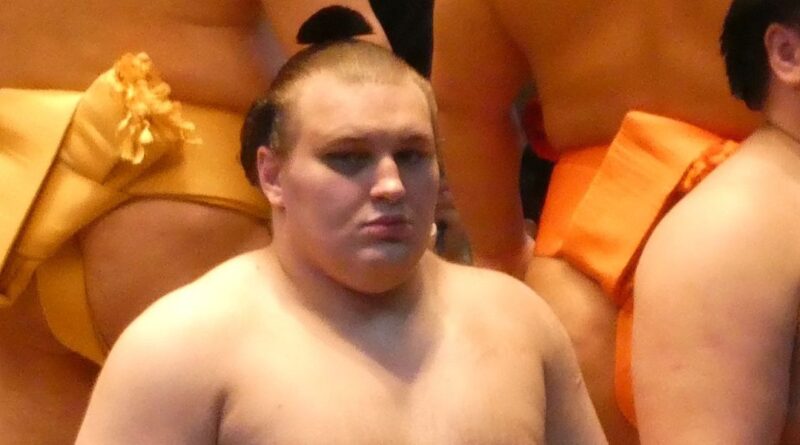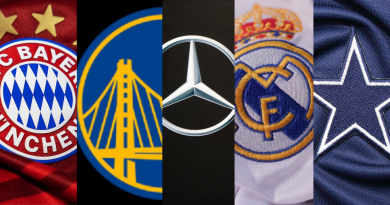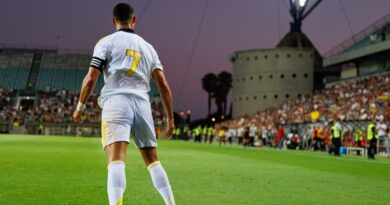Ukrainian refugee storms to sumo-glory in highly anticipated Japanese tournament
A long journey to the ring
Aonishiki, born Danylo Yavhusishyn, arrived in Japan alone at eighteen, unsure whether he would ever compete again. Three years later, he has claimed the championship at the November Grand Sumo Tournament in Fukuoka. His win has attracted wide attention in a sport where foreign born wrestlers have made history before but rarely at such a rapid pace.
According to CNN’s reporting, the twenty one year old secured the title on Sunday after defeating Hoshoryu, one of Mongolia’s top fighters. NHK noted that the final bout was tense and fast moving as both wrestlers fought for control from the opening charge.
Speaking afterward, Aonishiki told NHK that the victory still felt unreal. “It’s a feeling that words can’t express,” he said. “It felt like I was just letting my body do its thing, using my own strength. I’ve been diligently doing what my master told me, and it led to this result.”
Early life uprooted by war
Yavhusishyn grew up practicing wrestling and judo in Ukraine, where combat sports remain a significant part of the country’s athletic culture. According to CNN and Asahi Shimbun, he began sumo at seven after seeing local wrestlers training at his facility. By fifteen, he had already placed third at the junior world championships in Japan, where he befriended Japanese wrestler Arata Yamanaka.
Read also: Opta Supercomputer predicts a rewritten Premier League landscape
Everything changed in 2022 when Russia launched its full scale invasion. Training centers were damaged, competitions shut down and many athletes fled abroad. His family relocated to Germany while he weighed whether his sports career had already ended.
In an NHK documentary that aired in July, he recalled refusing to give up. “I thought it would be a shame to end my sports career there,” he said. “I liked sumo, I felt I should try to compete in sumo somehow on the path I’d chosen.”
Rebuilding his career in Japan
With Yamanaka’s invitation, he traveled to Japan and moved into the wrestler’s family home. Yamanaka, then captain of Kansai University’s sumo club, arranged for him to train at their facilities. His ring name Aonishiki, meaning “blue,” is a deliberate tribute to one of Ukraine’s national colors.
Despite arriving with limited Japanese and weighing less than many top division wrestlers at roughly 140 kilograms, he advanced quickly. Coaches and commentators have noted that his strong lower body, background in judo and unusually quick reactions have made him difficult to counter in the ring. As his Japanese improved, he adapted more seamlessly to the routines of professional stables.
Read also: Ilia Topuria eyes summer move to welterweight and a potential new UFC belt
He later joined the Ajigawa stable in Tokyo, where he now lives and trains under strict daily schedules that include early morning sessions, shared meals and communal duties. His progress has been dramatic. NHK reported that by this month he had reached the rank of Sekiwake, the third highest in sumo, after only thirteen tournaments. Such a trajectory is rare in a sport where advancement is tied closely to consistency over many seasons.
Looking ahead to the sport’s highest rank
Following Sunday’s victory, the Japan Sumo Association held a special meeting to consider promoting him to Ozeki, the second highest rank. That title comes with higher expectations, greater public scrutiny and an expectation of long term performance.
Still, Aonishiki made clear he has a further goal. “There’s one more rank above this, so I want to aim for that,” he said, referring to the prestigious Yokozuna title. Only a few athletes achieve it each decade and the rank carries the expectation of being an unbeatable, stabilizing figure in the sport.
For now, his win has energized fans who see his rise as part of a broader shift in sumo. Foreign born wrestlers have played defining roles in modern tournaments, yet Aonishiki’s story stands out because it intersects sports, war and migration in a way few victories do. His rapid ascent is being watched closely not only in Japan but also in Ukraine, where sports clubs have shared his win on social media as a moment of pride during a difficult time.
Read also: Pressure night in London as Chelsea host Barcelona in crucial UCL battle
Read also: Paixao, the joyful winger who has won over Marseille




